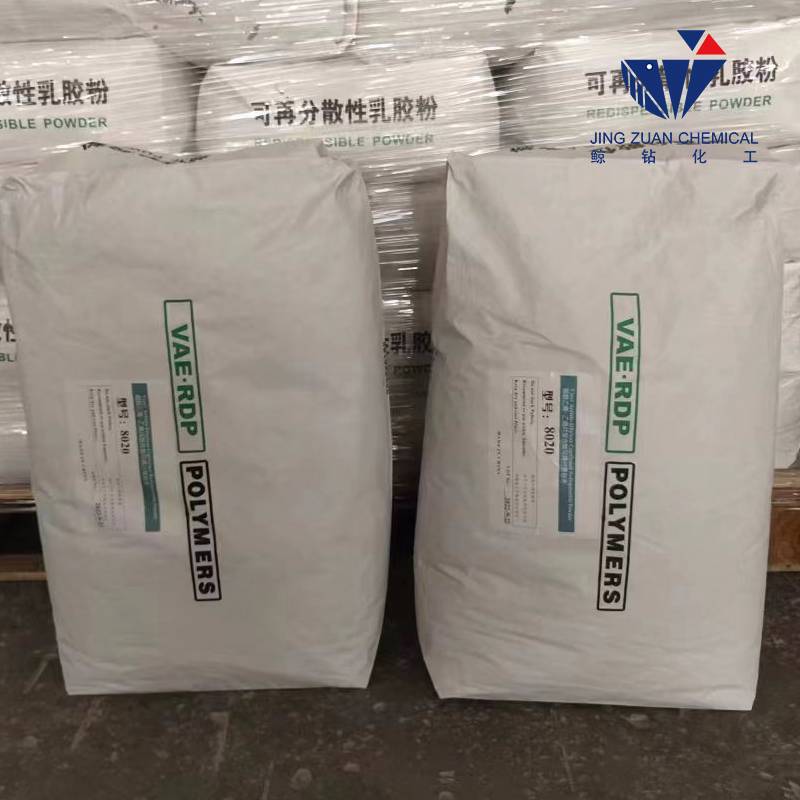
Sep . 30, 2024 11:26 Back to list
Exploring the Applications and Benefits of Propyl Methyl Cellulose in Various Industries
Exploring the Versatility of Propyl Methyl Cellulose
Propyl Methyl Cellulose (PMC) is a versatile polymer derived from natural cellulose, which is commonly used in various industries due to its unique properties. As a non-toxic, biodegradable, and hydrophilic material, PMC has gained popularity for applications in food, pharmaceuticals, construction, and cosmetics. This article explores the composition, properties, and diverse applications of Propyl Methyl Cellulose, showcasing why it has become a crucial ingredient in modern formulations.
Composition and Structure
Propyl Methyl Cellulose is synthesized through the methylation and propylation of cellulose, a naturally occurring polymer found in plant cell walls. The modification of cellulose with propyl and methyl groups enhances its solubility in water and organic solvents, making it an effective thickening agent. The degree of substitution, which refers to the number of hydroxyl groups replaced by methyl and propyl groups, affects the properties of PMC, influencing its solubility, viscosity, and gel-forming capabilities.
Key Properties
One of the most notable properties of PMC is its ability to form a gel when mixed with water, creating a thick, stable solution. This attribute is essential in many applications, allowing PMC to act as a thickener, stabilizer, and emulsifier. Additionally, PMC exhibits excellent film-forming capabilities, which makes it suitable for coatings and binders. Because of its hydrophilic nature, it can retain moisture effectively, enhancing the shelf life of products.
Another significant property of Propyl Methyl Cellulose is its non-ionic nature, which means it does not carry any electrical charge. This characteristic makes it compatible with various other ingredients, facilitating its use in formulations that include ionic substances such as salts or surfactants.
propyl methyl cellulose

Applications Across Industries
1. Food Industry In the food sector, Propyl Methyl Cellulose is utilized as a food additive, primarily as a thickener and stabilizer. It helps improve the texture and consistency of products such as sauces, dressings, and desserts. Moreover, PMC is often used in gluten-free baking as it mimics the properties of gluten, providing elasticity and structure to baked goods.
2. Pharmaceuticals In pharmacology, PMC serves as a binder and controlled-release agent in tablet formulations. Its gel-forming and viscosity-increasing properties make it an excellent excipient for solid dosages. Additionally, PMC is used in ophthalmic preparations, providing lubrication for dry eyes and aiding drug delivery.
3. Construction Industry In construction, Propyl Methyl Cellulose is employed as a key ingredient in adhesives, coatings, and plaster formulations. It enhances workability and extends the open time of mortars, allowing for better adhesion and improved finishing. Moreover, it contributes to the water retention of mortars, ensuring durability and performance.
4. Cosmetics The cosmetic industry also relies on PMC for its thickening and emulsifying properties. It is commonly found in creams, lotions, and gels, helping to stabilize formulations and improve texture. Its ability to retain moisture makes it a popular ingredient in hydrating skincare products.
Conclusion
Propyl Methyl Cellulose is a remarkable polymer that bridges the gap between natural and synthetic materials. Its diverse range of properties makes it an ideal choice for various applications across multiple industries. As consumers increasingly demand safer, sustainable products, the relevance of PMC is likely to grow in the coming years. With ongoing research and development, the potential for new applications of PMC continues to expand, solidifying its position as an indispensable ingredient in both professional and consumer products. As we move forward, further exploration of Propyl Methyl Cellulose could lead to innovative solutions that cater to the evolving needs of industries and consumers alike.
-
Versatile Hpmc Uses in Different Industries
NewsJun.19,2025
-
Redispersible Powder's Role in Enhancing Durability of Construction Products
NewsJun.19,2025
-
Hydroxyethyl Cellulose Applications Driving Green Industrial Processes
NewsJun.19,2025
-
Exploring Different Redispersible Polymer Powder
NewsJun.19,2025
-
Choosing the Right Mortar Bonding Agent
NewsJun.19,2025
-
Applications and Significance of China Hpmc in Modern Industries
NewsJun.19,2025







